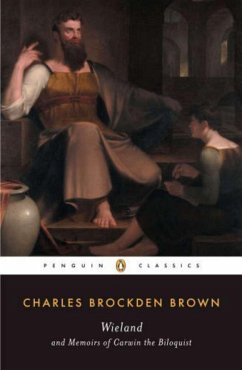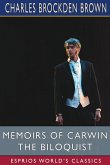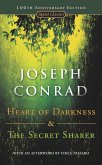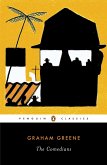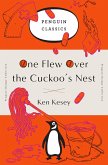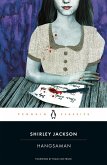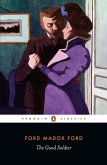A terrifying account of the fallibility of the human mind and, by extension, of democracy itself, Wieland brilliantly reflects the psychological, social, and political concerns of the early American republic. In the fragmentary sequel,Memoirs, Brown explores Carwin's bizarre history as a manipulated disciple of the charismatic utopian Ludloe. For more than seventy years, Penguin has been the leading publisher of classic literature in the English-speaking world. With more than 1,700 titles, Penguin Classics represents a global bookshelf of the best works throughout history and across genres and disciplines. Readers trust the series to provide authoritative texts enhanced by introductions and notes by distinguished scholars and contemporary authors, as well as up-to-date translations by award-winning translators.
Hinweis: Dieser Artikel kann nur an eine deutsche Lieferadresse ausgeliefert werden.
Hinweis: Dieser Artikel kann nur an eine deutsche Lieferadresse ausgeliefert werden.

